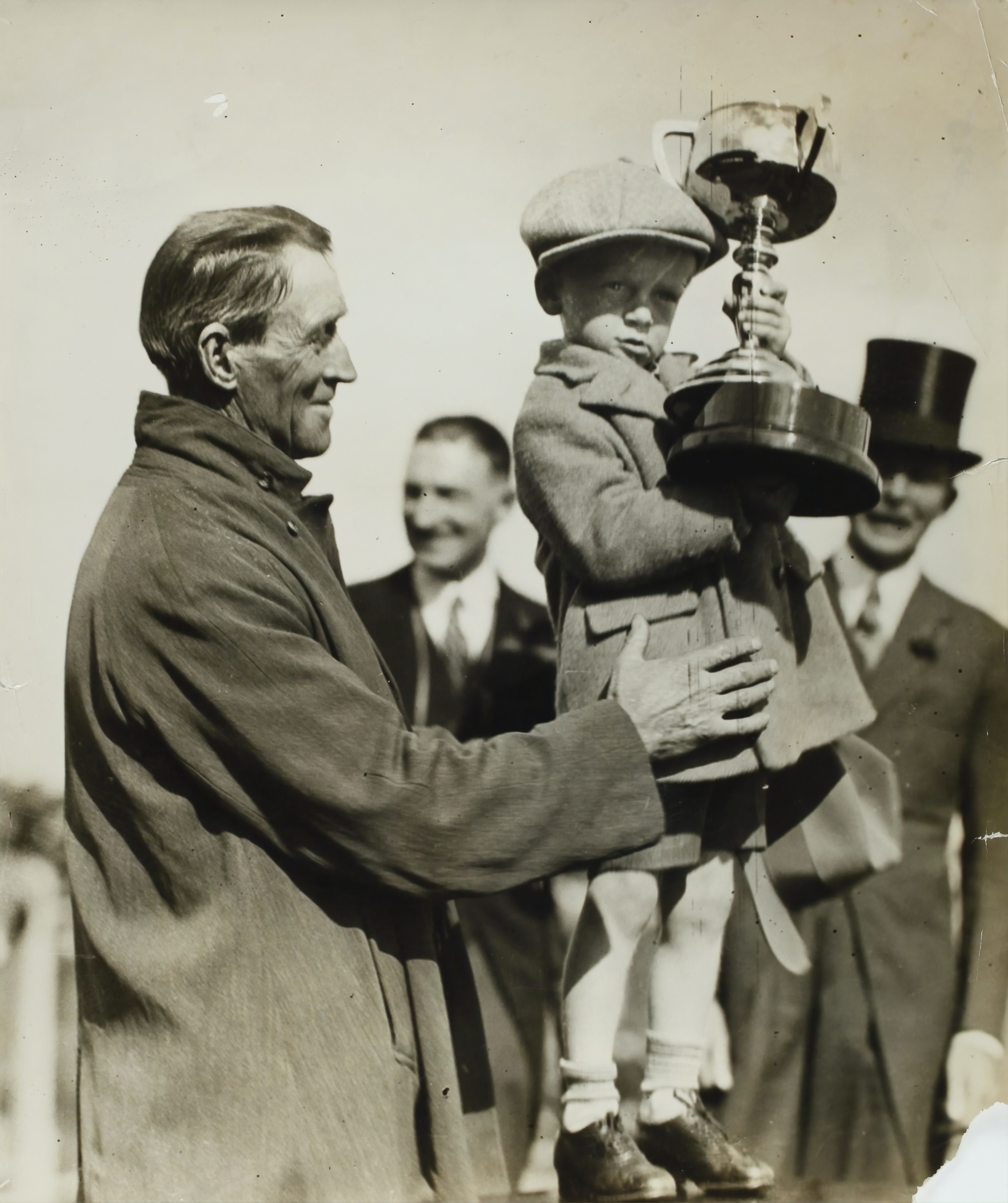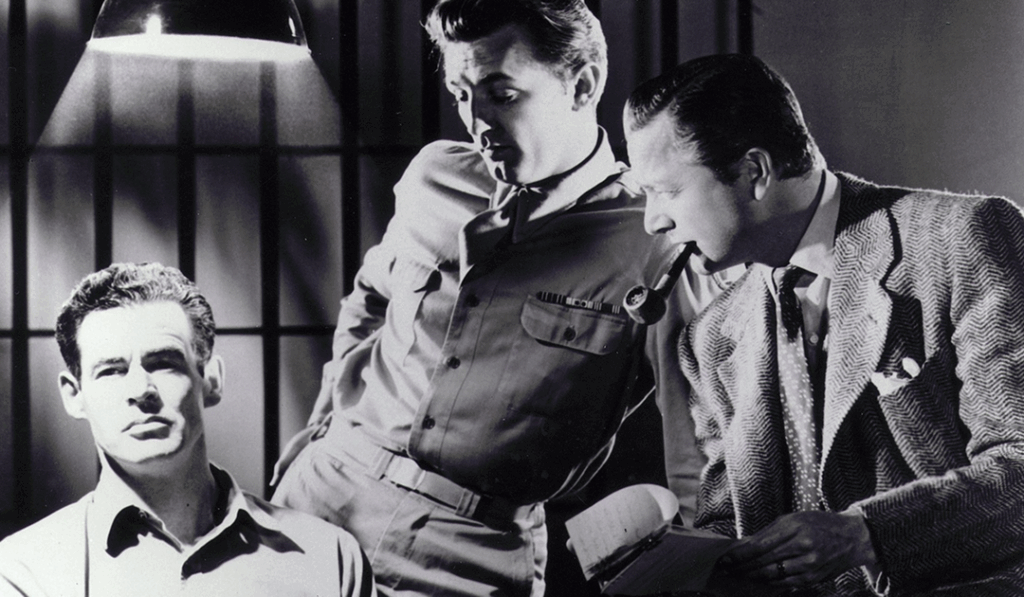The fact that someone plays golf makes them a golfer; not necessarily a good golfer. Likewise, the fact that someone negotiates as part of their job may make them a negotiator, but not necessarily a good negotiator.
Most people negotiate however they were taught (usually self-taught) and end up using tactics and techniques with which they are most comfortable. Their philosophy is to set an anchor or position and then make incremental concessions that drive to the middle. The result is some form of compromise, leaving both parties mutually dissatisfied.
Few companies focus on training their people to be great negotiators, opting instead to hire “experienced” negotiators without ever asking them how or where they were trained and what their negotiation philosophy is. Oh sure, they may have had a few classes and the term “win-win” was tossed around as an aspiration. But like most golfers, after a few lessons negotiators are set loose to play the game and never get any additional training.
What do the best do? Look at championship golfers. The best golfers in the world still take lessons and practice every day. So do the best negotiators.
To become Running The Room, you must always be tuning your skills, learning more about how to engage those with whom you negotiate and how to build trust. In sports, coaches speak of giving players more “touches” to stretch and improve their skills. These are opportunities to touch the ball, whether hitting, dribbling or kicking, to develop muscle memory and improve agility and proficiency. The same is true for a negotiator. The more you stretch, trying new techniques and strategies, and then try to apply them in your negotiations, the greater your mental and emotional abilities will grow.
Eventually, you will develop your negotiating “swing.” This is the ability to assess the negotiation environment, forecast the potential outcome, and then build a strategy to target an optimal outcome. This doesn’t mean you always will achieve that optimal outcome any more than the pros, with all their learning and practice, will always shoot under par. It does mean that you will proceed with greater confidence, clearer vision, and the ability to reach better decisions in your negotiations.



